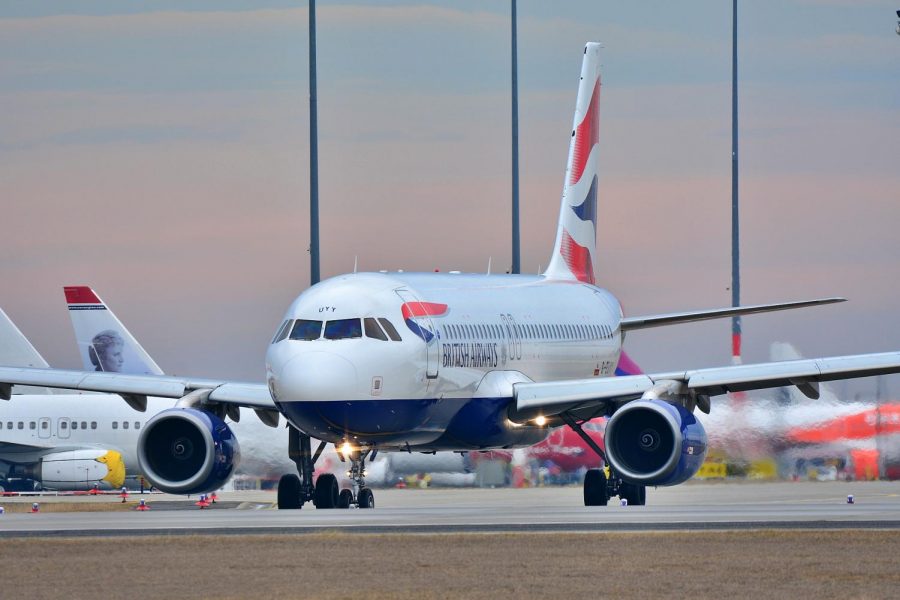US Travel Ban on Europe is Critical to Defeating COVID-19
Opinion
Steve001
President Trump enacted travel restrictions on several European nations beginning Friday, March 13. A national emergency was also declared for the coronavirus. Photo courtesy of Steve001 from Pixabay.
March 31, 2020
Since its discovery, COVID-19 has continued to spread around the world, especially in the United States and Europe. More than 2,000 have died in the U.S. and there are at least 110,000 people infected with the virus. The U.S. is now the country with the most cases of the coronavirus, while European nations like Italy and Spain follow the lead with approximately 97,000 and 78,000 respectively.
The initial explosion of coronavirus cases in Europe caused alarm in the U.S., prompting President Donald Trump to take action and announce the suspension of travel between Europe and America. The travel ban, which began on Friday, March 13, lasts for 30 days. The restrictions originally only applied to 26 European nations but were later extended to the UK and Ireland.
These restrictions are an important step in stopping the virus. They ensure that it won’t spread through the U.S. as quickly as it did in China or Europe by keeping cases of the virus within country borders. This is even more important when considering that symptoms take two weeks to develop, but the virus is still contagious during that time and could be passed on without people even knowing it. Slowing the virus’s spread will give researchers more time to figure out how to cure it before it overtakes the world.
Beyond these measures, governments in the U.S. should keep all of their focus on dealing with the severity and lethality of the pandemic. The federal government did a good job by not letting anyone in from other countries, but many states, including Texas, are not conducting enough tests to see who has the virus. Governments should also make sure to restrict people’s movements further to prevent the virus from spreading. As hospitals fill up, cities and states will have to work with them to provide enough beds and respirators to treat sick people.
Meanwhile, individual people must also take precautions against the coronavirus. Keep your distance from other people when walking in the street, at a minimum of one meter or around three feet. Wash your hands thoroughly with soap and don’t touch your face. This is to prevent the virus from getting into your body through your mouth, nose, and eyes. Don’t go outside if it’s not necessary. When it is, wear gloves and a face mask. These measures, along with governmental restrictions like the European travel ban, are all key to stopping the spread of the coronavirus.




Srilekha Cherukuvada • Apr 3, 2020 at 2:08 pm
Amazing Lucia!!! <3 🙂